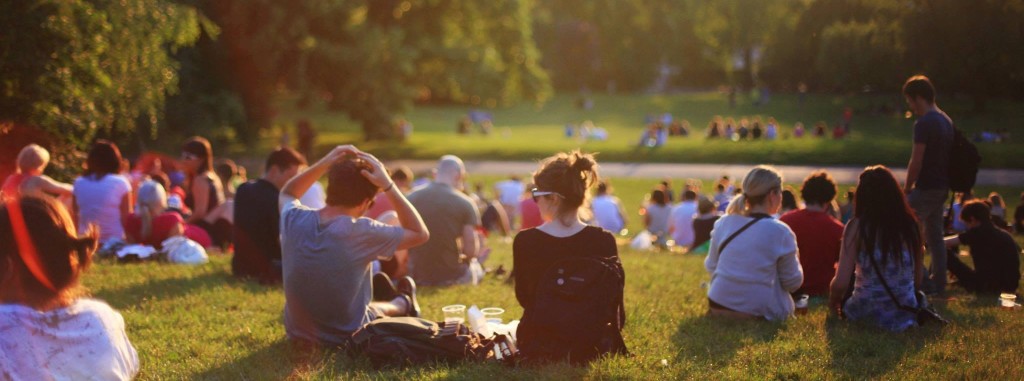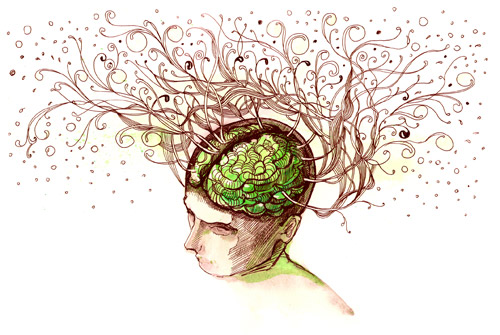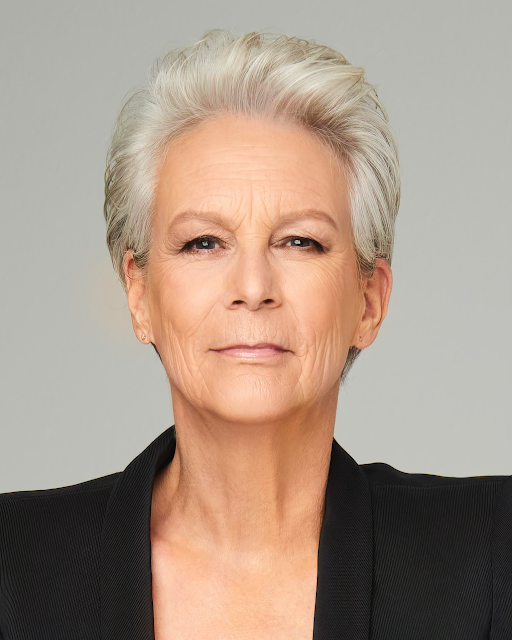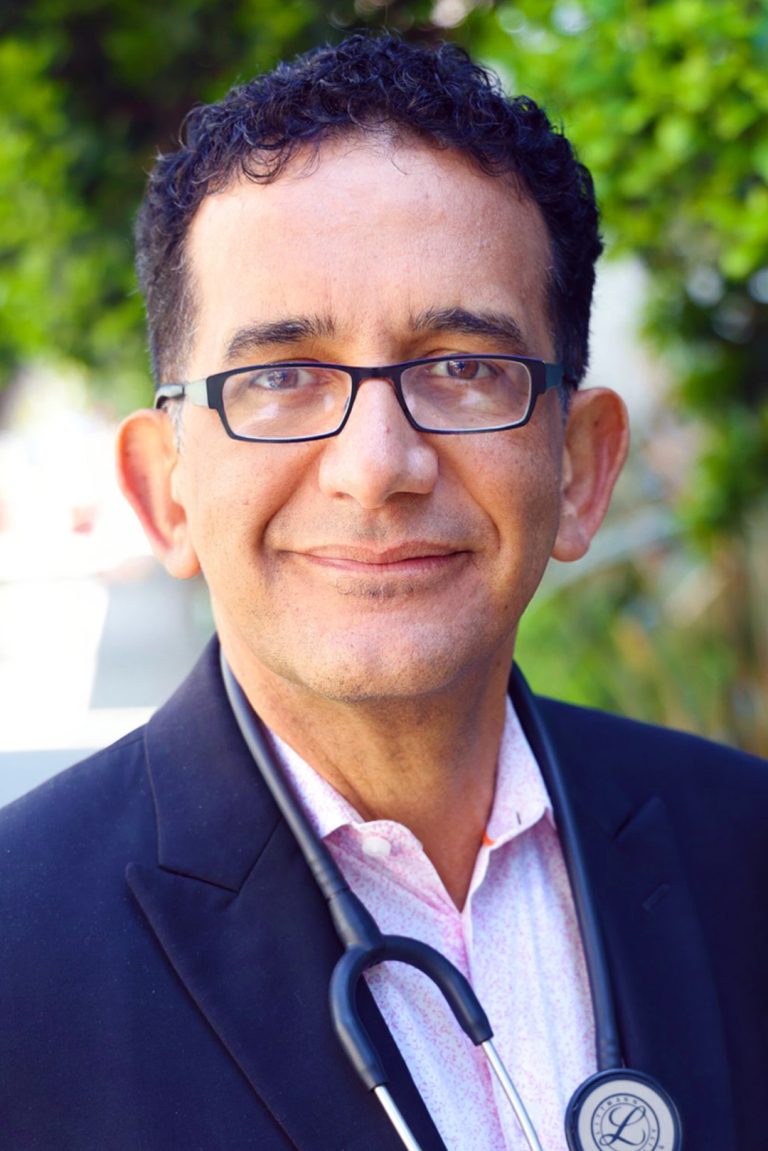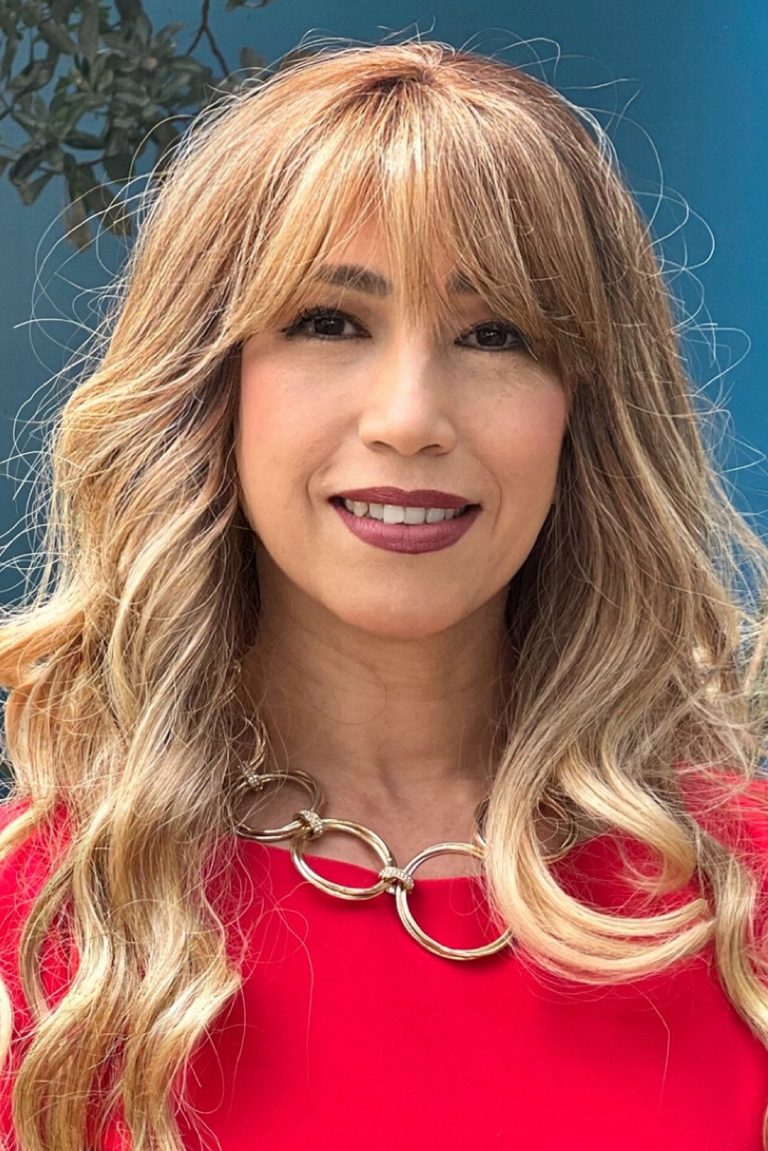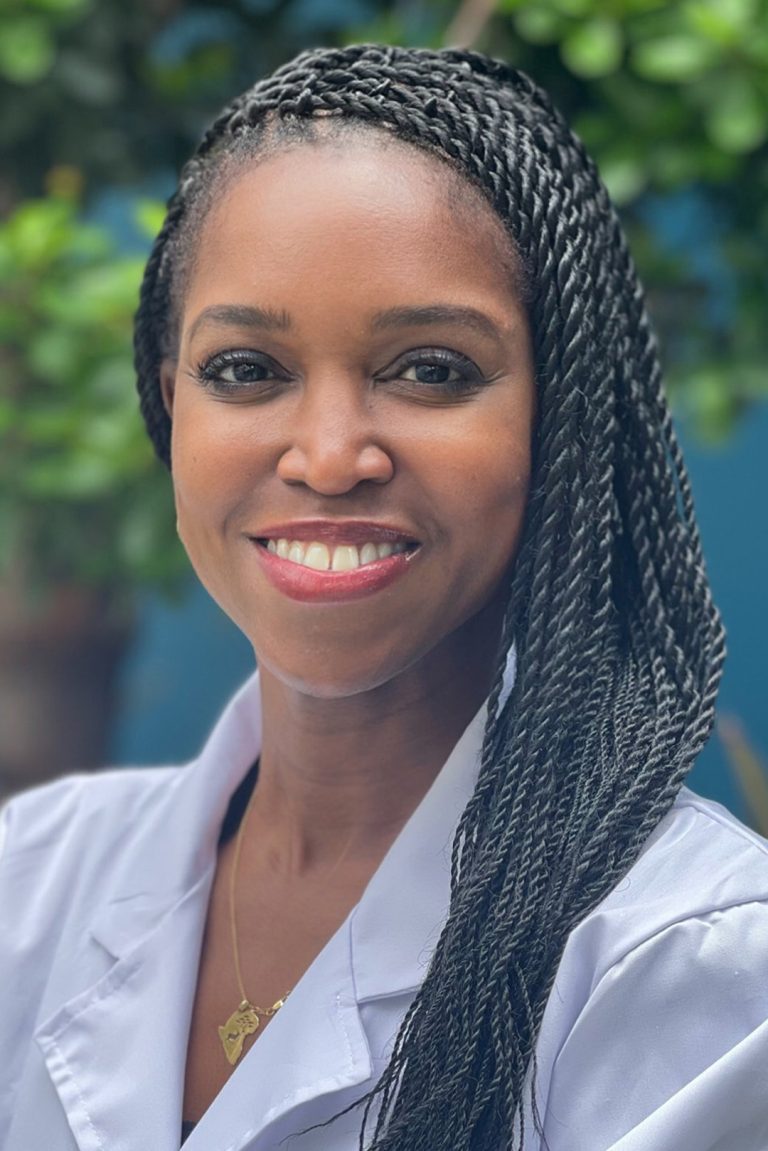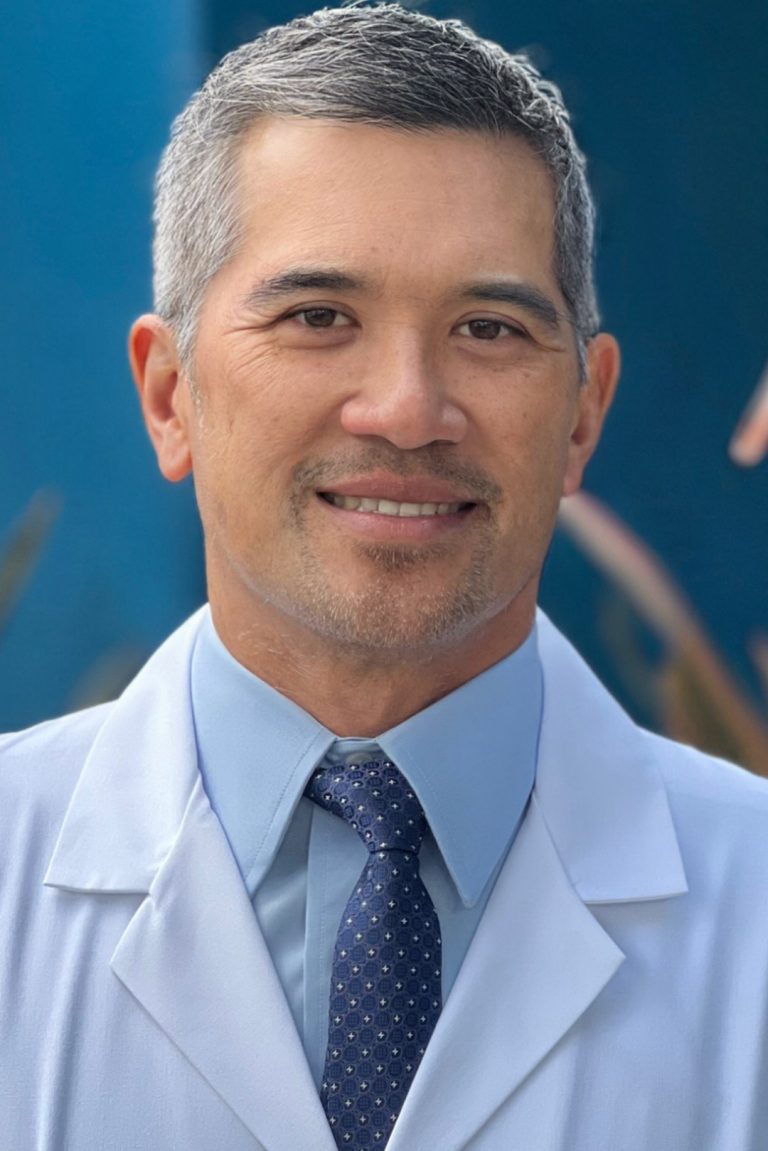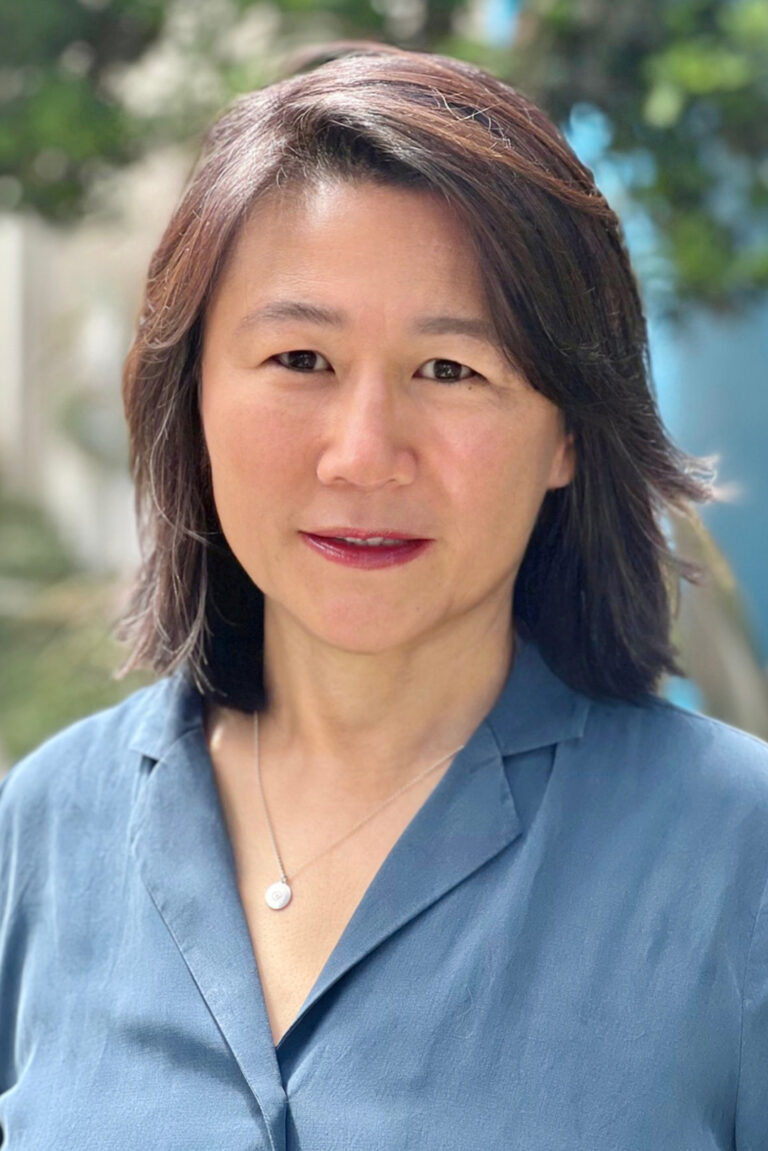Feeling socially connected, especially in an increasingly socially isolated world, is essential to our health. It is so important that all doctors should be asking their patients about their community and support system during every annual health visit. Social connection does not require being physically present with people. Social connection is someone’s subjective experience of feeling understood and feeling a connection to others. We know that friendship (and it’s quality, not quantity) and social connection lead to increased feelings of happiness and belonging and is known to increase self confidence while also reducing stress. Social connections help us live longer.
Research shows us that social isolation, and feeling lonely, are significant risk factors for disease – even more of a risk factor than being obese, smoking 15 cigarettes a day, or having high blood pressure.
Humans are inherently social creatures. Biologically speaking, people who were separated from their “tribe” suffered significant consequences. I think that because we are these inherently social, curious creatures, we are drawn (in a big way) to social media. But social media is a one way, edited, portrait of someone’s life and often leads to others feeling left out, alone and questioning their own life.
So what are the very real health consequences of social isolation?
They include:
- Depression
- Increase risk of suicide
- Increase stress levels
- Altered brain function which interferes with memory and learning
- Increased progression of Alzheimer’s disease
- Drug abuse
- Alcoholism
- Heart disease and stroke
Building a community and spending time with friends needs to be a priority. Just as you make exercising and eating a whole foods diet a priority, you also need to make time for your friends, nurture your relationships and strengthen your community. Our lives get busy and we’re tired at the end of the day and sometimes it’s just easier to put on our sweats and turn on the TV than meet a friend for dinner or plan a hike with a buddy. These moments of social interaction are essential. It does not have to be everyday – but think about making plans with a friend at least 1-4x/month.
Here are some tips to help strengthen your social connections and community.
- First, if you are not sure even where to begin, ask yourself about your hobbies, interests, who you feel most comfortable around.
- Join a temple, church or spiritual community.
- Join a bookclub.
- Connect with office colleagues.
- Interested in a hobby like knitting or scrapbooking? There are usually group meetups to discuss and grow your interests.
- Sign up to take a class you’re interested in at your local community college or University.
- Want to get your nails done? Ask a friend if they want to join you.
- If it’s a friends birthday, plan a small activity (lunch, hike, walk) to do with them.
- Commit to staying off your phone when you’re with family or friends.
- Next time you reach for your phone – pause. Ask yourself if you’re feeling uneasy or bored not having your phone on you. Do you really need to check instagram or the news again? Get comfortable with those moments of boredom and instead appreciate your surroundings or make an effort to connect with someone face to face.
–
Maggie Ney, ND is Director of the Women’s Clinic at the Akasha Center for Integrative Medicine. She specializes in women’s health and healthy aging. You can make an appointment with her by calling us at 310-451-8880 or emailing info@akashacenter.com.

